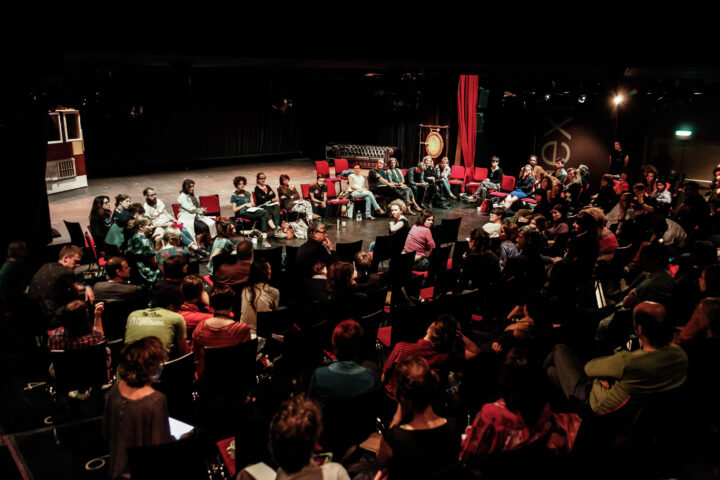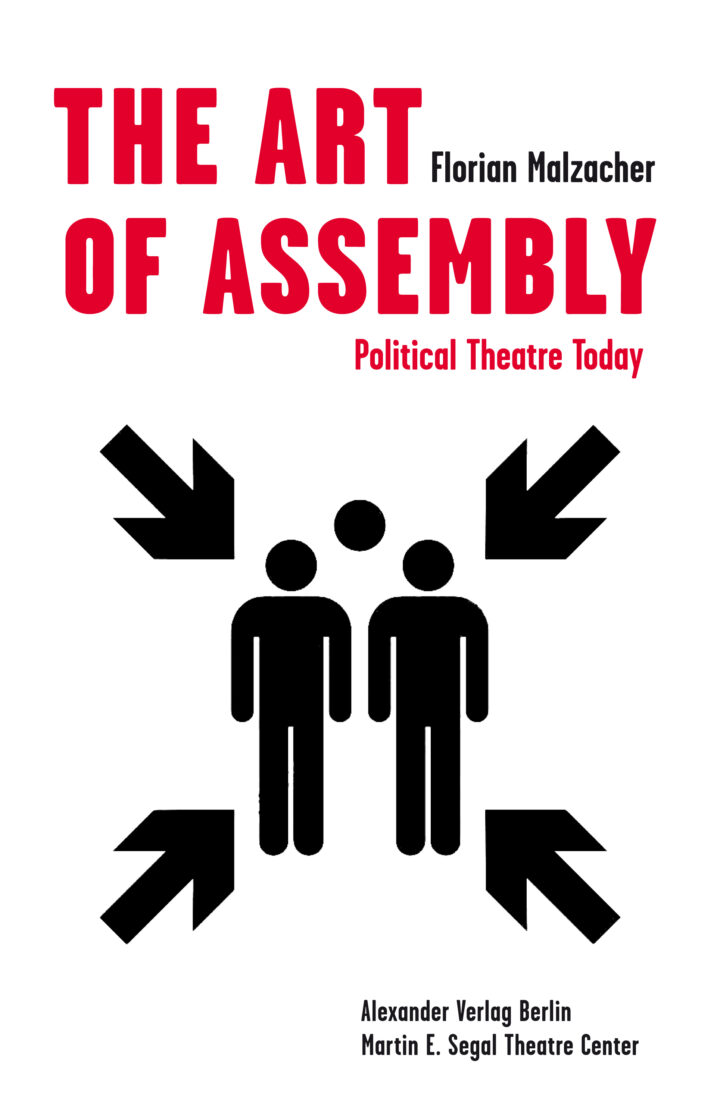Suddenly there is this persistent call for an art that is useful, for direct commitment, for artistic activism, for intervention in the political reality of our society and economy. And it is good so.
Of course it is a provocation: after hundreds of years of fighting for the autonomy of art, after decades of learning that the essential quality of art is ambiguity, after years of repeating that art poses rather than answers questions, there is suddenly this persistent call for an art that is useful, for direct commitment, for artistic activism, for intervention in the political reality of our society and economy.
This call is not new; it has precursors – the Productivists, for example. Contradicting Naum Gabo’s stipulation that Constructivism in post-revolutionary Russia should be committed exclusively to abstraction, artists such as Aleksei Gan, Alexander Rodchenko und Varvara Stepanova demanded a practical, socially useful role for art. In 1973, some fifty years later, Joseph Beuys opened his Free International University (FIU) and proclaimed: “To be a teacher is my greatest artwork”.


